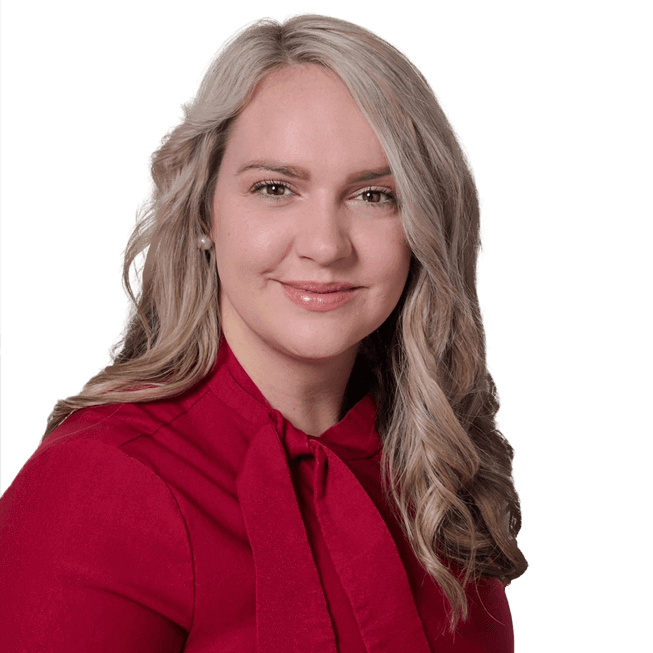Landing a great job that aligns with your professional and personal goals is every advanced practitioner’s dream, but before you can start, you’ll likely go through a multi-step interview process. Each interview type—whether over the phone, virtual, or in-person—requires specific preparation to make the best impression. Here’s a breakdown of the main interview formats advanced practitioners may encounter and tips for acing each one.

Interview Types for Advanced Practitioners
1. Phone Interview
The phone interview is often the first step in the hiring process and typically involves a one-on-one conversation between you and a recruiter or human resources team member. This type of interview provides flexibility for both you and the organization, making it ideal for initial screenings.
Purpose of the Phone Interview:
- To assess if you’re a qualified candidate and gauge your communication skills.
- To develop a better understanding of your professional background, skills, and career goals.
Tips for Success:
- Prepare your environment: Find a quiet space where you won’t be interrupted. Keep a copy of your resume and any notes handy.
- Practice active listening: Listen carefully to questions and respond thoughtfully. A phone interview is your chance to establish rapport and convey professionalism.
- Be concise: Since the interviewer can’t see you, clear and concise responses will make a stronger impression.
2. Virtual Interview
With the rise of remote work and technology, the virtual interview has become a staple for healthcare job seekers. Virtual interviews can be one-on-one or with a panel of interviewers and allow employers to evaluate both verbal and non-verbal communication skills, even if the candidate is far away.
Purpose of the Virtual Interview:
- To assess how well you present yourself in a digital format.
- To evaluate your verbal and non-verbal communication skills in a remote setting.
Tips for Success:
- Set up your space: Choose a neutral, clutter-free background and ensure you’re well-lit. Make sure you’re positioned in front of a stable camera to maintain eye contact.
- Test your technology: Check your internet connection, audio, video, and any software platforms required for the interview ahead of time.
- Dress professionally: Even though it’s virtual, wearing professional attire demonstrates respect and readiness for the role.
3. In-Person Interview
The in-person interview is often a critical step, especially for advanced practitioners applying for roles in hospitals or clinics where team dynamics and hands-on skills are key. This interview usually takes place at the healthcare facility and may involve a tour, multiple interviewers, or even a skills demonstration.
Purpose of the In-Person Interview:
- To gauge your fit within the team and organization culture.
- To provide you with a firsthand look at the work environment, colleagues, and facility resources.
Tips for Success:
- Bring essentials: Print copies of your CV, letters of recommendation, certifications, or any other relevant documents. A small “emergency kit” with items like mints, a brush, and other personal essentials can also help you feel your best.
- Showcase your professionalism: Arrive early, dress professionally, and maintain a positive and engaged demeanor throughout.
- Ask thoughtful questions: Take this opportunity to learn more about the organization and team dynamics to ensure it aligns with your goals.
Final Tips: Be Yourself and Assess for Fit
Regardless of interview type, remember that interviews are a two-way street. While the organization is assessing your skills and fit, you’re also evaluating if this position aligns with your career goals. Be authentic, and don’t simply say what you think the interviewer wants to hear. Instead, use each interview format as an opportunity to demonstrate your strengths and determine if this role suits your professional ambitions.
Looking for more advanced practitioner job tips Check out our articles!
*Originally posted on 7/6/2021. Last updated on 11/1/2024.

Ashley Poshard is the Manager of Program Relations and Data Quality. She joined PracticeMatch in 2021 and brings over a decade of database management experience. Formerly an in-house physician recruiter and PracticeMatch client, she excels in engaging physicians with the platform. Ashley collaborates with program coordinators nationally, offering educational opportunities and gathering feedback. Her role involves implementing innovative features and services, fostering long-term physician engagement with PracticeMatch. Additionally, Ashley leads the data team, working to maximize data collection efforts and enhance the PinPoint Database's size, value, and quality, solidifying PracticeMatch's position as a leader in healthcare recruitment and data management.